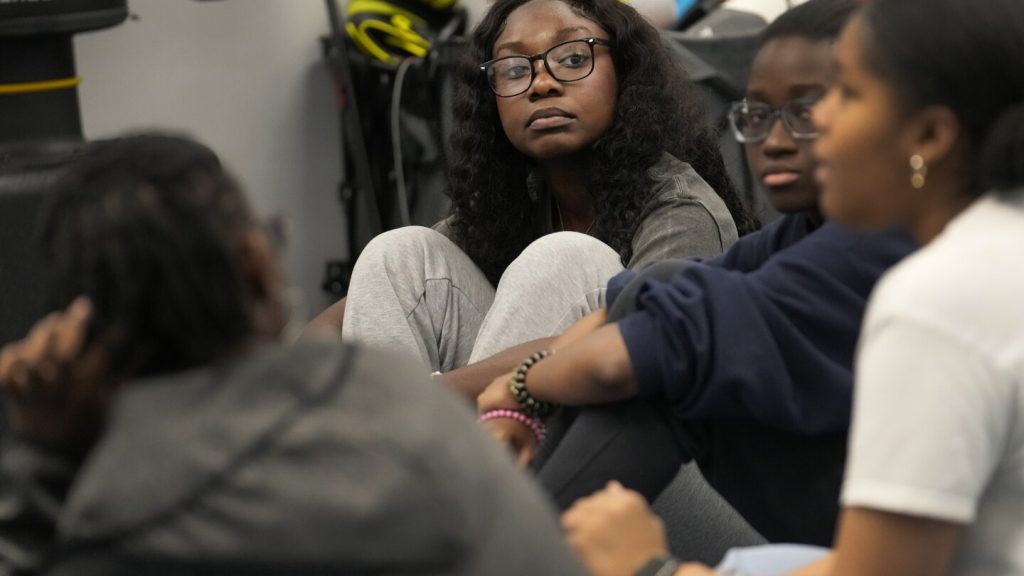In response to the Supreme Court’s decision to end affirmative action in higher education, the college essay has become one of the few places where race can still play a role in admissions decisions. For many students of color, this has added increased pressure to exploit their hardships as they compete for a spot on campus. Students like Hillary Amofa, a senior in Chicago, struggled with the idea of having to trauma-dump in her essay to appeal to admissions offices. She wanted to share her heritage without being defined solely by it.
The current senior class is the first in decades to go through the college admissions process without affirmative action. The Supreme Court found it unconstitutional for colleges to give students extra weight based on race alone, but allowed race to still play an indirect role if tied to qualities of character or unique abilities. Many colleges responded by asking applicants about their backgrounds, experiences, upbringing, and racial identity in their essay prompts.
Students like Darrian Merritt felt the pressure to share a sob story in their essays, fearing that admissions committees expected tragic narratives for consideration. Merritt, a senior in Cleveland, ultimately decided to focus his essay on a positive experience at a summer camp that helped him embrace his true self. By highlighting his personality growth and challenges, he aimed for an authentic and honest story that reflected his journey.
For Max Decker from Portland, Oregon, the Supreme Court ruling prompted a shift in his essay topic. Initially writing about his love for video games, he changed direction to focus on his experience with a leadership group for young Black men. As a first-generation college student, Decker wanted to leverage his story of overcoming racial discrimination to enhance his application and showcase a fuller picture of his achievements.
Imani Laird, a senior from Boston, felt compelled to spell out the impact of race in her essay due to the Supreme Court ruling. She described facing biases and discrimination as a Black student in predominantly white spaces, citing incidents where she felt overlooked or singled out. Laird emphasized her resilience and determination to excel despite facing obstacles, using her grandfather’s experiences during military service as a driving force for her ambition.
With affirmative action no longer a factor in college admissions, students like Hillary Amofa worry about the potential loss of racial diversity at predominantly white schools. Amofa, considering colleges with few Black students, fears the isolation she may experience without a supportive community. In her essay, she chose to focus on embracing her natural hair as a journey of self-acceptance and empowerment, highlighting her growth and confidence in her identity.


